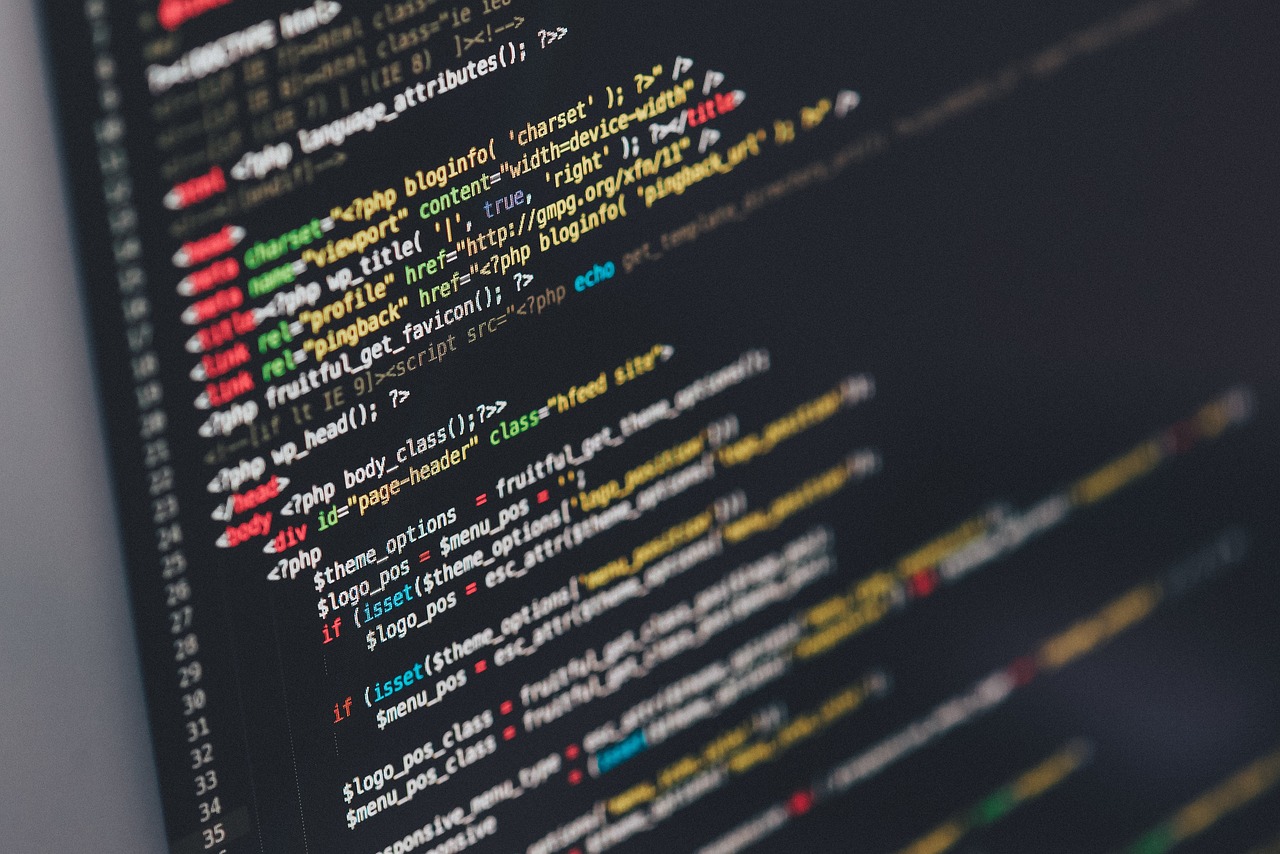Learn Programming Without Spending a Penny
Learn Programming Without Spending a Penny
Blog Article
Learning to code is accessible for free. By committing time, time, and the right no-cost resources, you can pick up how to code. Start with the basics, stay steady, and soon you'll be getting skilled in programming languages and building your own programs. Happy coding!
A Guide to Learning Coding for Free
In today's tech-driven world, programming has evolved into an essential skill for many fields. Whether you’re aiming to improve your professional life, build a new one, or just want to cultivate a new passion, picking up programming is an rewarding step. However, one common misconception is that gaining coding skills demands paid courses or degrees. The truth is, it's possible to learn coding at no cost. Below is the way to start.1. Choose a Programming Language
Before you begin, it’s important to determine which coding language to focus on. Each language has its own purposes, and selecting the right one depends on your aspirations. These are popular selections:Python: Known for its simplicity and readability, Python is a great choice for beginners. It’s widely used in web development, data analysis, artificial intelligence, and automation.
JavaScript: If you're interested on web development, JavaScript is a must-learn language. It's used to make websites interactive and works alongside HTML and CSS.
HTML/CSS: These aren't programming languages, but if you’re looking to build websites, HTML and CSS are the core for laying out and designing web pages.
Java: A multi-purpose language used for Android apps, backend systems, and large business applications.
C++/C#: These are more challenging languages, often applied to game development and system software.
Start by selecting a single language, then delve into free resources tailored to it.
2. Explore Free Online Platforms
Because of the collaborative spirit of the programming world, you can find a wealth of free resources online to kick off learning. Here are some top platforms include:Codecademy: Offers interactive coding lessons in different languages like Python, JavaScript, and Ruby. The initial courses are free, letting you code right away.
FreeCodeCamp: A all-in-one platform that offers courses in web development, data visualization, and more. You can even earn certificates and join in real-world projects.
Coursera and edX: These platforms give no-cost access to coding courses from universities like Stanford and MIT. You can audit the courses without paying for official recognition.
Khan Academy: Gives free lessons in computer science and programming with a focus on JavaScript and web development.
YouTube: Many coding experts share free tutorials on YouTube. Channels like Traversy Media, The Net Ninja, and CS50 give hours of content covering different aspects.
3. Keep Practicing
Programming is like picking up a new language—it requires practice. Theoretical knowledge is important, but hands-on experience is where you truly improve. Some platforms provide opportunities to practice coding within your browser:HackerRank: A widely used site that provides coding challenges and competitions. It’s a great way to improve your problem-solving ability.
LeetCode: Used by developers getting ready for technical job interviews, LeetCode gives access to a wide range of coding problems in different languages.
Codewars: Delivers programming tasks called "katas" to help you improve your skills.
4. Engage with Programming Communities
Coding can feel daunting at times, but you're not alone. Becoming part of an online community of fellow learners and coders can give assistance, advice, and encouragement. Websites like Reddit (r/learnprogramming) and Stack Overflow give you the chance to inquire and connect with other coders. GitHub, another valuable resource, lets you work together on coding projects, participate to open-source software, and learn from other developers’ code.5. Build Projects
As you become more confident, work on your own projects. Whether it's a personal website, a simple app, or a small game, creating something from scratch will cement your understanding and demonstrate your skills. You can also display your projects as part of a portfolio for potential employers. Your projects can also be used as a feature in a collection for future clients or clients. This will not only demonstrate your skills, but also illustrate your dedication to advancing as a developer.Final Thoughts
Becoming proficient in coding doesn't require a financial investment. With the right free resources, anyone can learn coding from scratch. Start small, keep practicing regularly, and connect with the coding community. In time, you’ll develop your own applications and expand your professional possibilities.Find out more on - Nested if else in C Programming Examples Report this page